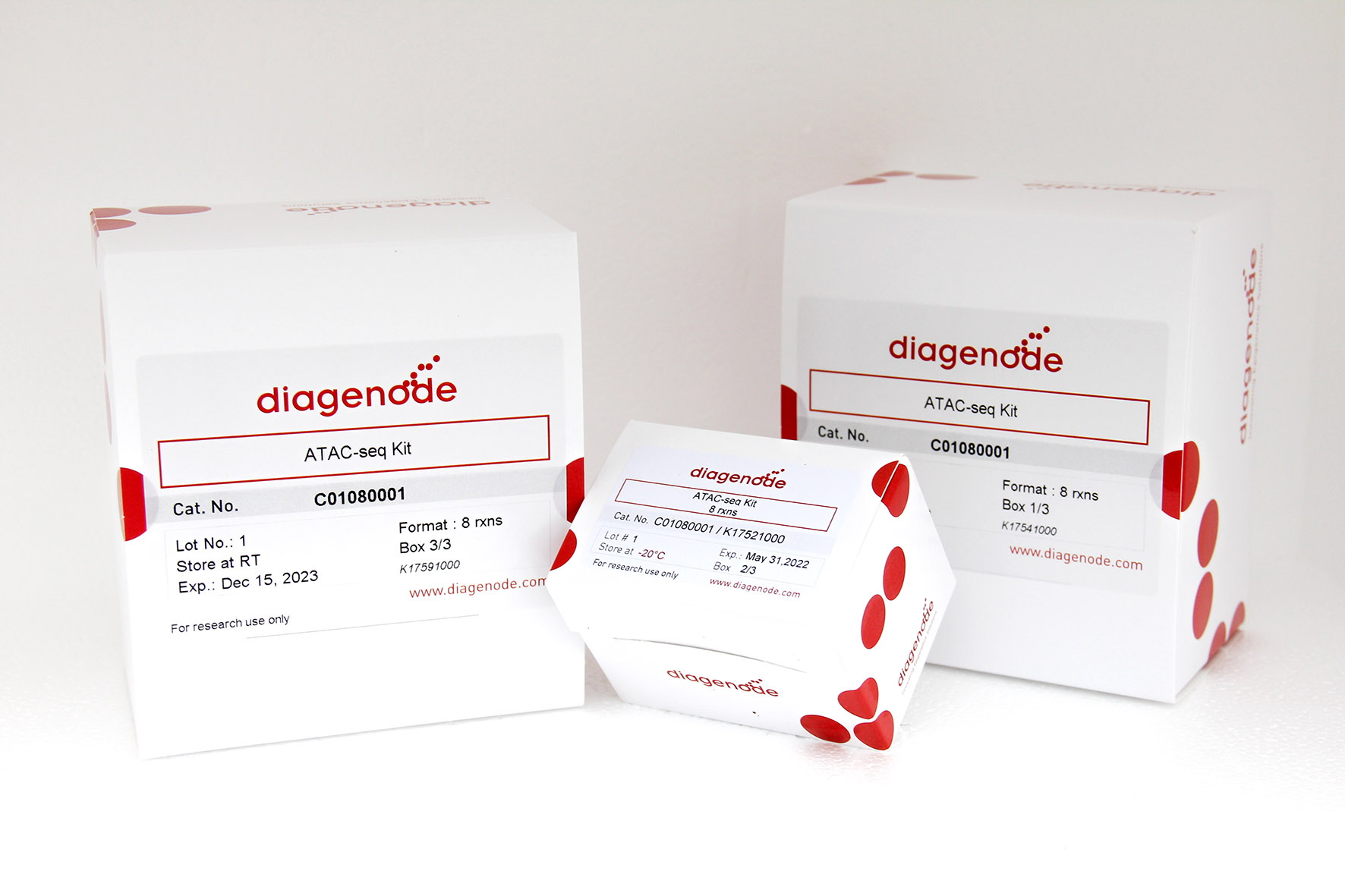Lauren Anton et al.
Background
The cervicovaginal microbiome plays a critical role in women's health, with microbial communities dominated by Lactobacillus species considered optimal. In contrast, the depletion of lactobacilli and the presence of a diverse array of strict and facultative anaerobes, such as Gardnerella vaginalis, have been linked with adverse reproductive outcomes. Despite these associations, the molecular mechanisms by which host-microbial interactions modulate cervical and vaginal epithelial function remains poorly understood.
Results
In this study, we used RNA sequencing to characterize the transcriptional response of cervicovaginal epithelial cells exposed to the culture supernatants of common vaginal bacteria. Our findings revealed that G. vaginalis culture supernatants upregulate genes associated with an activated innate immune response and increased cell death. Conversely, Lactobacillus crispatus culture supernatants induced transcriptional changes indicative of epigenomic modeling in ectocervical epithelial cells. Epigenomic modification by L. crispatus, was confirmed by ATAC-sequencing, which demonstrated reduced chromatin accessibility.
Conclusions
These results provide new insights into host-microbe interactions within the lower reproductive tract and suggests that modulating the vaginal microbiome could offer innovative therapeutic strategies to improve reproductive health.

